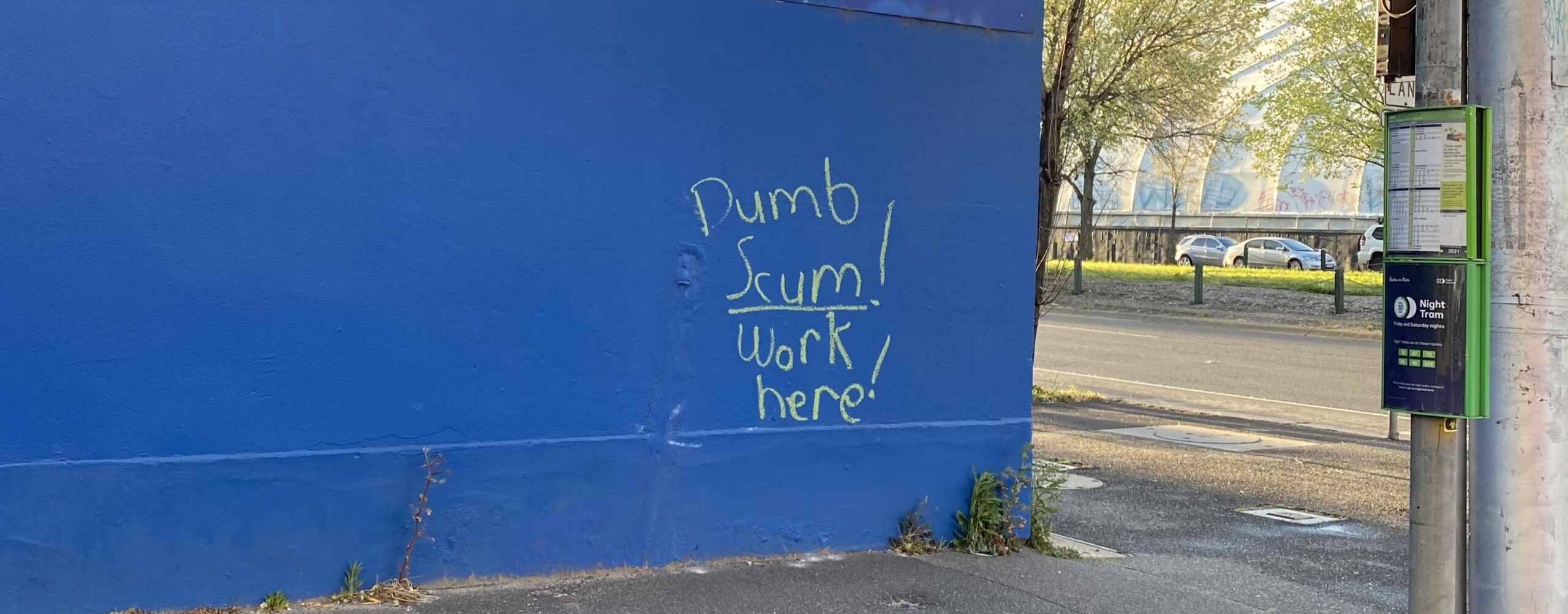disruptions across various aspects of human life. One such challenge that emerged during the pandemic was the phenomenon of COVID-19 retail aggression. This essay aims to delve into the causes, consequences, and possible solutions to this unsettling behavior observed in retail environments during the pandemic.
I. Understanding COVID-19 Retail Aggression
- Definition: COVID-19 retail aggression refers to the aggressive or hostile behavior exhibited by customers or employees within retail establishments, particularly in response to measures such as mask mandates, social distancing, and restrictions on the number of customers allowed in stores.
- Causes:
a. Fear and Uncertainty: The uncertainty surrounding the virus, coupled with the fear of contracting it, heightened emotional stress levels among individuals. Some reacted to this stress with aggression when confronted with COVID-19 safety measures.b. Economic Strain: Job losses and financial hardships caused by the pandemic exacerbated stress and frustration, which sometimes found an outlet in aggressive behavior.c. Misinformation: Misinformation and conspiracy theories about the virus and safety measures played a role in fueling aggression. Some individuals, misinformed or misled by false narratives, resisted complying with safety measures.
II. Consequences of COVID-19 Retail Aggression
- Health and Safety Risks: Aggressive behavior in retail settings posed health and safety risks. Violent altercations between customers and employees or other customers increased the likelihood of virus transmission.
- Employee Well-being: Frontline retail employees, already facing the heightened stress of working during a pandemic, were at the receiving end of customer aggression. This led to increased anxiety, burnout, and psychological distress among workers.
- Damage to Reputation: Retail establishments that failed to effectively manage and mitigate retail aggression risked damaging their reputation and losing customers. Shoppers were less likely to return to stores where they felt unsafe or unwelcome.
III. Coping Strategies and Solutions
- Education and Communication: Retailers can play a vital role in mitigating aggression by providing clear, factual information about COVID-19 safety measures and their importance. Effective communication can help dispel misinformation and build trust.
- Enhanced Security Measures: Retailers should consider implementing enhanced security measures, such as increased staffing, security personnel, and surveillance systems to deter aggressive behavior and ensure the safety of employees and customers.
- Employee Training: Providing training to employees on de-escalation techniques and conflict resolution is crucial. Equipping frontline workers with the skills to handle aggressive customers can reduce the likelihood of violent incidents.
- Community and Social Support: Community leaders, public health officials, and organizations should collaborate to address the underlying causes of aggression, such as economic hardships and mental health concerns. Access to mental health resources and support can help individuals cope with pandemic-related stress.
- Legal Measures: Enforcing penalties for those who engage in aggressive behavior in retail settings can act as a deterrent. Public policies that promote adherence to safety measures and discourage non-compliance are essential.
ConclusionCOVID-19 retail aggression emerged as a troubling consequence of the pandemic, fueled by fear, uncertainty, and misinformation. Its consequences, including health and safety risks, employee well-being, and reputational damage, underline the urgency of addressing this issue. By implementing a combination of education, enhanced security measures, employee training, community support, and legal measures, we can work towards creating safer retail environments during and beyond the pandemic. It is essential that society as a whole takes responsibility for understanding and addressing the root causes of this aggression, promoting empathy, and fostering a culture of compliance with public health guidelines for the greater good.

